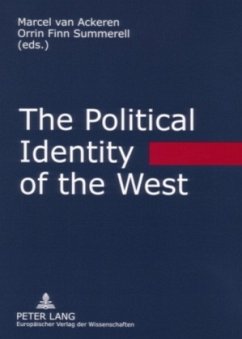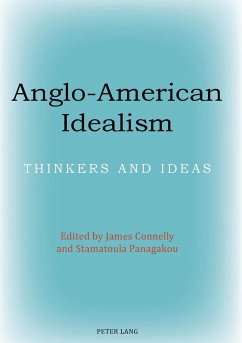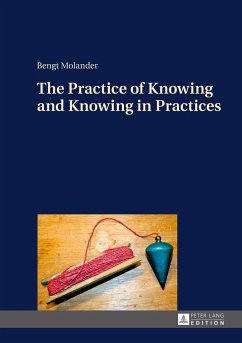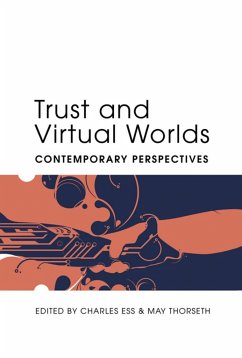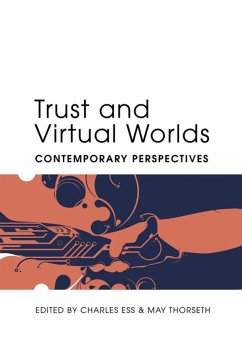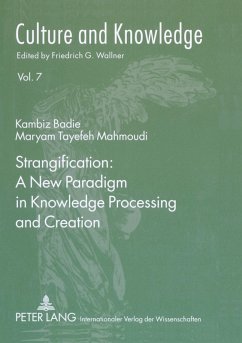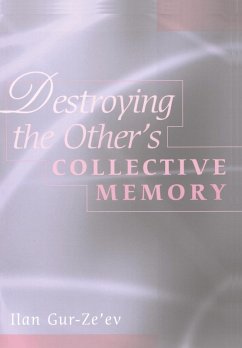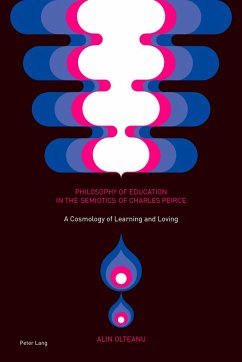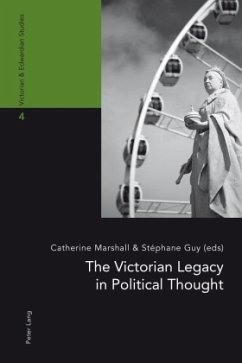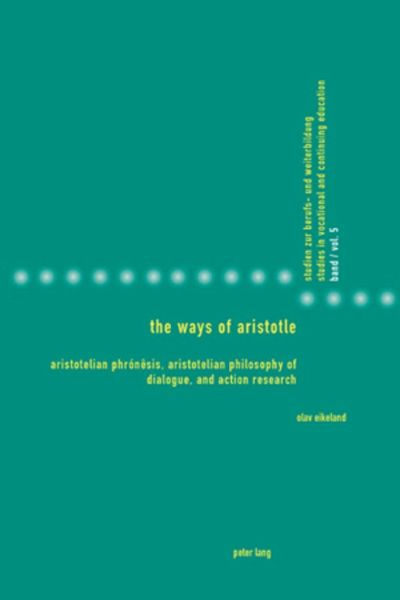
The Ways of Aristotle
Aristotelian Phrónêsis, Aristotelian Philosophy of Dialogue, and Action Research
Versandkostenfrei!
Versandfertig in 6-10 Tagen
154,95 €
inkl. MwSt.

PAYBACK Punkte
0 °P sammeln!
Aristotle has been continuously at the frontier of philosophical reflection for almost 2400 years. Throughout the 20th century the influence of his practical philosophy has been growing. His «non-modernist» concept of phrónêsis or practical wisdom is attracting increasing interest as an alternative to both «modernism» and «post-modernism». This book is a meticulous study of Aristotle's phrónêsis and its applications to the fields of personal development or character formation and of ethical virtues. It also relates phrónêsis to the wider context of Aristotle's theoretical philosoph...
Aristotle has been continuously at the frontier of philosophical reflection for almost 2400 years. Throughout the 20th century the influence of his practical philosophy has been growing. His «non-modernist» concept of phrónêsis or practical wisdom is attracting increasing interest as an alternative to both «modernism» and «post-modernism». This book is a meticulous study of Aristotle's phrónêsis and its applications to the fields of personal development or character formation and of ethical virtues. It also relates phrónêsis to the wider context of Aristotle's theoretical philosophy and of his different ways of knowing, and to both theoretical and practical concerns within modern social and action research. The whole of Aristotle's thinking is radically practice-based and directed. However, it never loses its theoretical focus. His theoretical philosophy is fundamentally dialogical. Hence, the relevance of Aristotelian thinking is striking for the current reconfigurations in the social organisation of learning and knowledge production.



